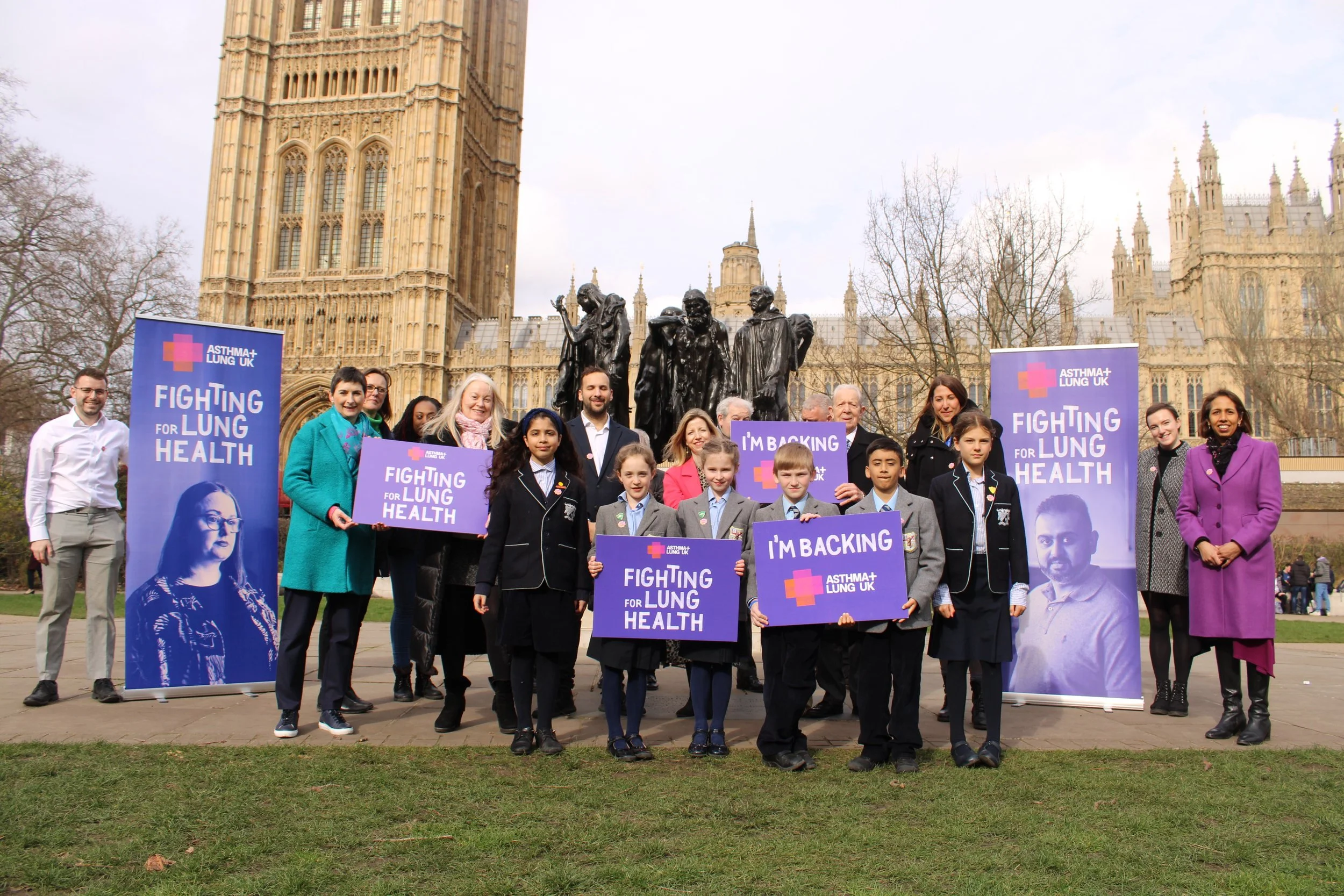More must be done to support people with Long COVID
Sarah Woolnough, Chief Executive of Asthma UK and the British Lung Foundation looks at the care Long COVID patients have received and assesses the newly announced NHS Long COVID plan.
The Covid-19 pandemic has fundamentally changed the way we all live our lives. We’ve adopted practices that would have seemed inconceivable just over a year ago. From face masks and social distancing to self-isolating and shielding.
But for a growing number of people, the legacy of the virus has been learning to live with a mixture of physical and mental symptoms that we now call Long COVID. Data from the Office for National Statistics (ONS) estimated that on 2 May, 2021, one million people in the UK were experiencing Long COVID symptoms. A study from Imperial College London in June put the figure at around two million. What we do know for sure, is that millions of people are living with a disease that can affect the mind and body in dozens of different ways.
Patients can experience fatigue, breathlessness, chest pain, heart palpitations, fever, headache, muscle pain, gastrointestinal problems and loss of taste and smell. The ONS research found that breathlessness was one of the most reported symptoms.
As well as the physical toll, many may experience psychological and cognitive problems, including depression, anxiety, post-traumatic stress disorder (PTSD) and ‘brain fog’.
Long COVID patients gave us a heart-breaking glimpse into their experience of living with the condition.
One woman in her 30s told us that it had robbed her of her quality of life, saying: “I was the one who ran our home, shopped and cooked etc and now I can’t do any of it.”
A mum-of-three in her 20s told us that four-and-a-half months on from getting COVID, she is still unable to do her job as a primary school teacher and suffers from fatigue, brain fog, memory loss, “clunky” thinking, loss of her sense of smell and change in taste.
Asthma UK and the British Lung Foundation have been at the forefront of the drive to better understand and treat the symptoms of Long COVID.
We’re a major partner in the £8 million Post Hospitalisation Covid-19 study (PHOSP) of people who have had Long COVID. Researchers and clinicians from across the UK are pooling their expertise to better understand and improve the care people with the condition receive.
In the early days of the pandemic, we set up our Post-COVID HUB – a website with health advice and information for patients, healthcare professionals and researchers.
We have since developed and integrated our specialist Long COVID information and support, and built a team of dedicated helpline nurses.
Since the pandemic began over 250,000 users have accessed these services and we have supported hundreds of thousands with post-COVID breathing difficulties.
We also created a series of videos showing how breathing techniques can help manage breathlessness, and how simple exercises can strengthen breathing muscles and make breathlessness easier to manage. The videos are available in Urdu, Bengali, Gujarati and Mandarin, so people from a diverse range of communities can access information that’s proven to make a positive difference.
Earlier this month NHS Chief Executive Sir Simon Stevens unveiled the health service’s £100 million blueprint of how it plans to care for people with Long COVID, a rare piece of good news for patients.
If the plan works, barriers to treatment that Long COVID patients tell us they find frustrating, including the scandal of seriously ill people being pushed from pillar to post as they battle to be taken seriously, are to go.
Thirty million pounds has been earmarked to go to GP surgeries to provide doctors with the training they’ll need to better understand the condition. It’s hoped this extra knowledge should lead to improvements in the care that patients receive.
A multi-million-pound investment to expand the network of specialist Long COVID clinics aims to ensure consistency of treatment across the country.
But while the plan is to be welcomed, it will only make a difference if it is turned into meaningful action now.
Patients have waited long enough for treatment.
The development of diagnostic hubs for all respiratory patients would be a major step forward, not just for those with Long COVID, but for all people with lung diseases.
And crucially, research activity into the disease must be ramped up to improve treatments and give patients hope that they can recover.
The fantastic work done by the PHOSP group must be matched by the wider research community and funding bodies. Even before COVID-19 struck, respiratory research was a Cinderella science that didn’t receive the funding or attention it deserved.
The legacy of the pandemic should be that research into respiratory conditions receives the attention and funding it needs, so the nation is better able to cope when the next respiratory pandemic hits.
If you need advice and support with Long COVID visit: blf.org.uk/long-covid-breathlessness
We empower people with lung conditions to make changes that can be transformative.
Please donate now to help make sure people with lung conditions can live well this year.








Chloe was diagnosed with asthma as a child. As she got older, her symptoms had completely disappeared. But when she started university, this changed. Here she tells us how getting active has helped her manage her asthma - and changed her life.